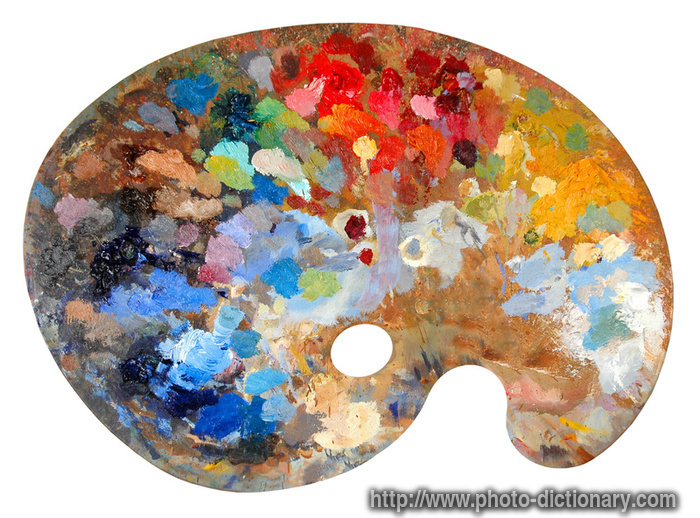Recently, I had a great study circle experience that I'd like to share with you, the readers. As a way of reviewing the concepts from Ruhi Book 1, some friends and I did a collaborative poetry project.
The way this worked was that everybody chose one quotation from the book that they liked best. Then individually, we wrote four lines of poetry for each quotation selected. When we were done we handed the lines we had written to the person who selected that quotation so that he or she could edit it. So, for example, I chose the quotation that contains the line, "Man must live in a state of prayer." When we finished writing our lines, everyone gave me the four lines they wrote inspired by that quotation, and I distributed my lines to the appropriate people. Each of us, then, edited the lines we were handed as we saw fit and pieced them together into a single, generally-coherent poem.
One of the interesting implications of this is that no poem can be attributed to any one person. Each writing is without an author, a proper origin. Thus, they're a little bit disjointed. But at the end of the process we were all very pleased with the results.
I appreciated the way the involvement of others changed our postures toward our own writing. Each of us had to make poems out of other people's lines. And our own lines were getting scratched out and reworked by other people. Consequently, detachment from one's own contributions and sympathy towards the work of others were both essential to producing good work. I was impressed that this activity raised individuals' power of expression, but did so in such a way that prevented it from fanning the flames of arrogance about one's own creativity; something I always get anxious about whenever I'm called on in a group to "express myself."
Below the fold is the quotation I chose and the poem I edited.
There is nothing sweeter in the world of existence than prayer. Man must live in a state of prayer. The most blessed condition is the condition of prayer and supplication. Prayer is conversation with God. The greatest attainment or the sweetest state is none other than conversation with God. It creates spirituality, creates mindfulness and celestial feelings, begets new attractions of the Kingdom and engenders the susceptibilities of the higher intelligence.
-'Abdu'l-Baha
We all pray, taking away
our unformed parts, taming inner sharks.
"I know a man conversing with his Lord.
There is no hurry, no bustle and rush.
No traffic jams or speeding tickets- hush."
"Sugar in your tea, sir?" "No, it's fine as is."
"Now what were we saying?" "Oh yes, he i s ."
"He describes the state of prayer:
Fire burning. upward souls in motion;
Divine virtue stirring inner com-motion.
State of prayer, of ecstasy
transfigures souls, configures sanctity."

I'm glad this was such a wonderful experience for you. I wish my first reaction were something other than "Wow, this is terrible poetry."
ReplyDeleteI know that it represents collective action and expression, and that it is profound in its attempt to unite diverse ways of speaking of a single, spiritual subject, but the disjointedness, the lack of coherence, the awkward bouncing back and forth between images and voices without any connection or explanation of any sort really made me not want to read any more.
What is the role of the reader in collectively developed literature? If I find myself unable to appreciate the aesthetic, is there even a place for me?
Well, none of us had ever done anything like it before, let alone done it with the specific people there. So we were really flying blind.
ReplyDeleteAfter having gone through the experience once, we concluded that it would have worked out better had it gone through more stages. These poems were done in two stages, which is a bare minimum. It might help, if at one point, after everybody has seen how all the contributions relate to each other, each participant make new contributions from scratch.
Further experimentation and sustained practice with a set group of people is definitely needed to refine the process.